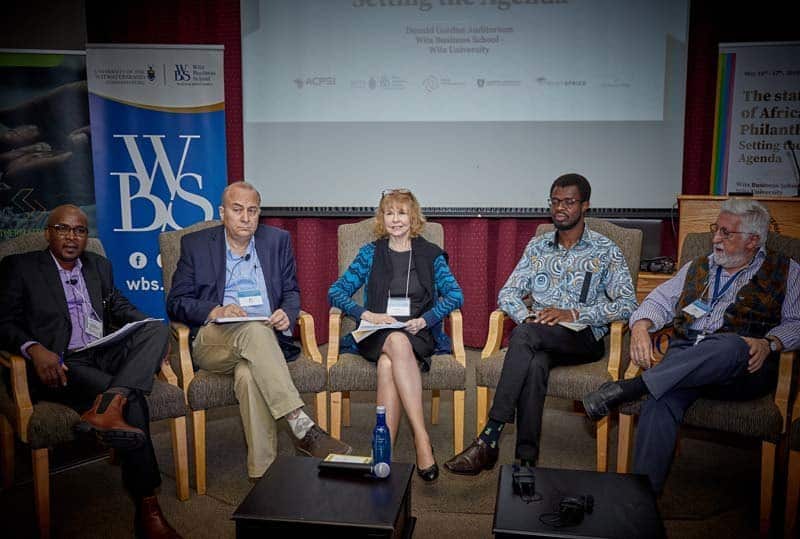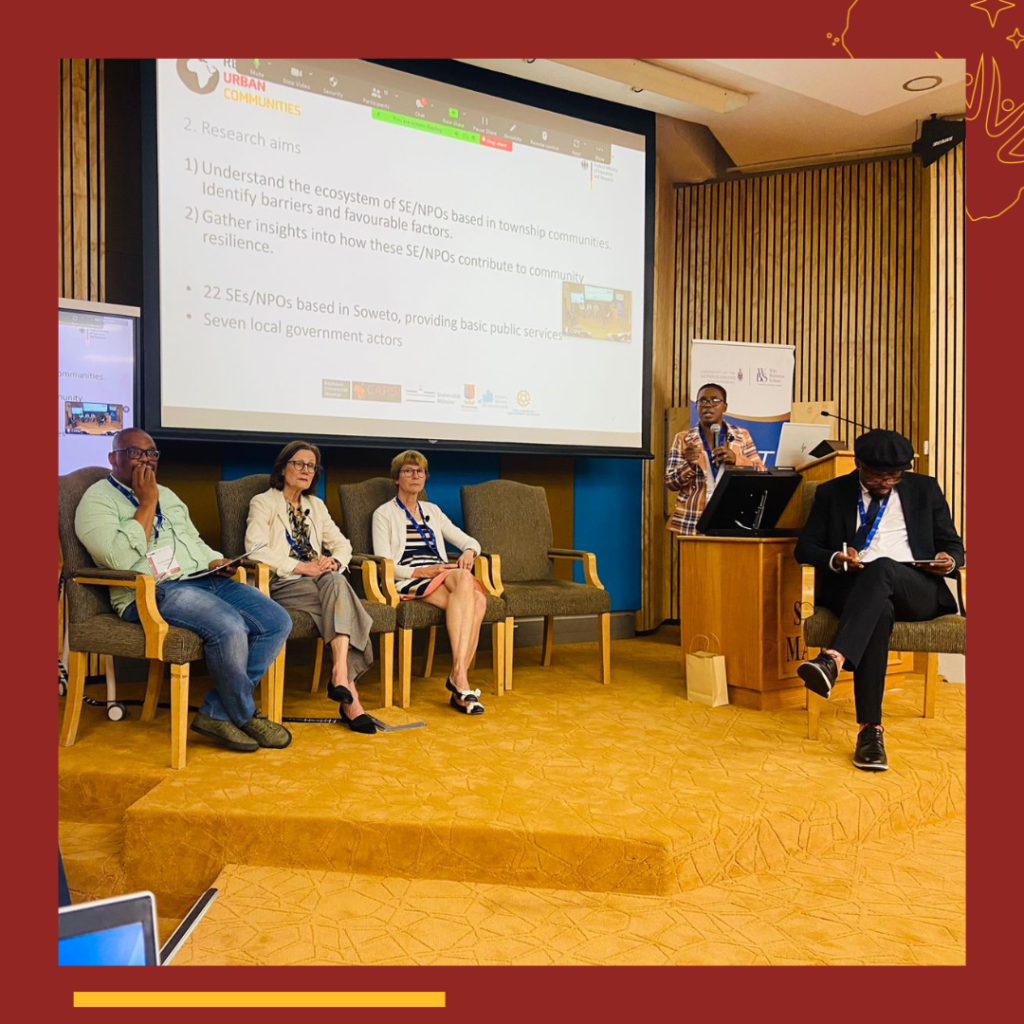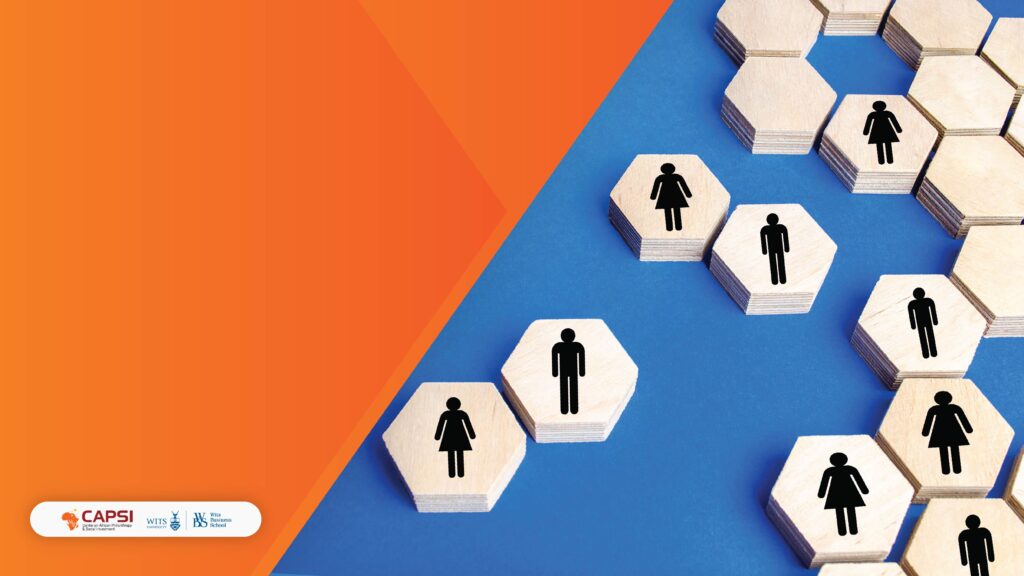
ACPSI Annual Conference 2019
Day 1: May 16, 2019 | Time: 08h30 – 20h00
Day 2: May 17, 2019 | Time: 08h30 – 16h30
Venue: WBS Donald Gordon auditorium
On May 16-17, 2019, the African Centre for Philanthropy and Social Investment at the Wits Business School, the African Philanthropy Forum, TrustAfrica and the Harvard University’s Center for African Studies will host a two-day workshop in Johannesburg to explore key themes in African philanthropy and social investment.
The workshop will convene philanthropists (African and non-African), Non-Governmental Organizations that work in this area, policy-makers, the private sector, and academic researchers to explore how together we can formulate a coherent framework for African philanthropy. The 21st century can be Africa’s, but Africans will have to claim it.
The conference will be held alongside a PhD workshop that will bring together more than 20 African students based at different universities in Africa and beyond. A special session will be dedicated to a discussion by doctoral students on their research topics. In addition, ACPSI has commissioned six (6) research projects on various forms of philanthropy and social investment that will be presented at the conference.
The 21st century will culminate in a unique convergence of opportunities and challenges on the African continent. Its population will reach an estimated four billion people by 2100, by which point the majority of Africans will live in the cities. Wealth will continue to flourish: despite decreased commodity prices, sub-Saharan Africa’s overall GDP increased by three percent in 2016, twice the rate of the United States. Meanwhile, the World Wealth Report 2018 estimated that the size of high net worth individuals reached 167,970 with a combined wealth of US$1,7 trillion. The size of the HNWIs population increased by 6.9% compared to 2.1% growth in the Middle East and 9.9% in Europe. And the HNWIs wealth increased by 10.3% in Africa compared to 2.9% in the Middle East, 7.8% in Europe, 8.8% in Latin America and 10.3% in North America. By all means, this growth makes for interesting reading and implications on philanthropy.
No doubt Africa has seen this growth since 2008 and in line with global projections, by 2025 HNWIs wealth could reach US$100 trillion and this will see an increase in wealth in Africa. Yet in the backdrop of such immense growth and wealth sit dire humanitarian crises, a demographic boom, public health epidemics, and, most notably, the looming threat of climate change – a spectre that undoubtedly haunts the poorest on the continent. In sum, Africa will serve as a major site of contestation for the most important issues of our time.
This raises the question of the effectiveness of philanthropy in Africa.
What is the blueprint for African philanthropy?
No doubt this century belongs to the African philanthropists, whose capital, influence, local knowledge, and moral authority have the power to address these pressing challenges. Philanthropy, in all of its various forms, engages stakeholders from the private, public, non- profit, and religious sectors. It nimbly cuts across geographies, social classes, and demographic groups in a way that governments and businesses often cannot. The impetus for giving is clear: donors identify a rampant need in their communities and, for various religious, social, moral, and cultural reasons, choose to give freely of their resources. But what is the impact of their giving?
How can they give effectively and in innovative ways? What role does academia play in facilitating effective giving? And what are the strategies that need to be crafted to build an infrastructure for transformative change in Africa through philanthropy? It still remains less clear, particularly amongst academics, what the nuts and bolts of African philanthropy are – how it operates, who sustains it, and what challenges it encounters.
With this in mind, we propose a six-pronged conference agenda which prioritizes the following:
Assessing the Need for Philanthropy:
With the plethora of challenges facing the continent, philanthropists must selectively and cautiously allocate resources.
Which challenges will be most effectively addressed by African philanthropy?
Which issues should be left to government or the private sector? How can all three engage productively? How do philanthropists decide how to allocate their resources?
Accurately Landscaping African Philanthropy:
A dearth of accurate information exists about the size and scope of Africa’s philanthropic sector. Who are the major players in African philanthropy, both formal and informal? How do they allocate resources? How do they compete, converge, and connect with each other? What strategies do they use to address specific local needs? What do African philanthropists do differently from non-African counterparts operating on the continent? The existence of many foundations in Africa such as those formed by former presidents, sports personalities, international foundations and HNWIs raises questions about their role and effectiveness.
Religion and Philanthropy:
Africa is the most religiously fervent continent in the world, with Islam and Christianity playing a particularly strong role in public life. How does religion impact the ways in which people give? Which religious institutions – formal and informal – serve as conduits for philanthropic giving? What constraints does religious philanthropy impose
Legal and Policy Frameworks for Philanthropic Giving:
Despite progress over the past decade, many countries in sub-Saharan Africa lack strong legal and regulatory systems. How are states developing legal structures to encourage philanthropy? How do various tax, incorporation, endowment, and inheritance policies impact donors? How are these regulations enforced? Outside of the official state legal narrative, what other customary regulatory frameworks govern philanthropy and who mediates this liminal space? In addition, given new opportunities for giving such as African art, investment museums and historical sites, how can these be taken advantage of in making giving impactful?
Philanthropy as a Solution to Climate Change:
Rising sea levels and temperatures in the coming years will take a particularly heavy toll on vulnerable communities in Africa’s coastal and arid regions. How can philanthropy be mobilized to mitigate the effects of climate change? How do philanthropists deploy political capital and moral authority, supplementary to their financial resources, in the face of such an immense challenge? What are the limits of the effectiveness of philanthropy for issues of such monumental scale? With respect to climate change, where do the lines between public governance and private capital blur?
Connecting African Philanthropy to the Diaspora:
The African Diaspora worldwide consists of some 150 million people and must play a major role in the uplift of the continent. What is the size of their purchasing power? What philanthropic links do they maintain with Africa and by which mechanisms do they uphold these ties? How can African philanthropists better engage their counterparts in the Diaspora?
Sponsors









